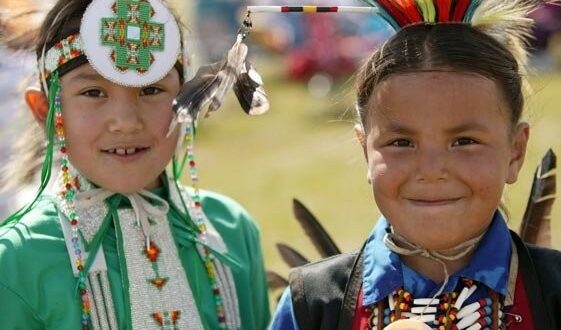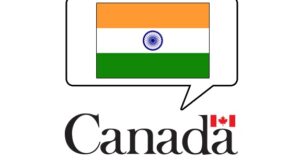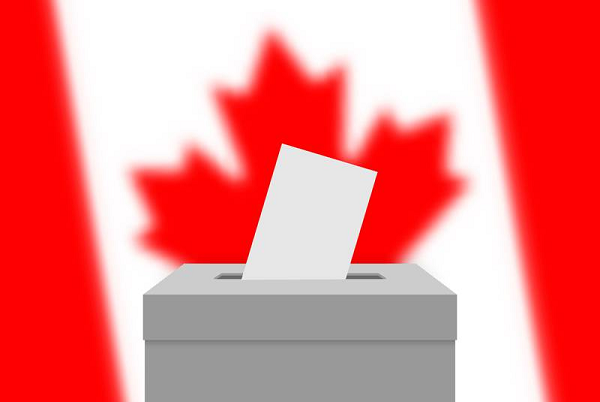In February 2007, the First Nations Child and Family Caring Society of Canada and the Assembly of First Nations filed a case under Canadian Human Rights Act 2007 claiming that the Canadian government discriminated by underfunding the First Nations Children. On 26 January 2016, the Canadian Human Rights Tribunal affirmed the complaint and ordered the Canadian Government to cease its discriminatory conduct. The tribunal ordered Ottawa to pay $40,000 the maximum allowed under the Canadian Human Rights Act to each child concerned by the on-reserve child welfare system, along with their immediate guardians, who were denied service or forced to leave home to access service covered by Jordan’s principle from 12 December 2007.
Recently, an agreement has been made that is still to be sign-off by Canadian Human Rights Tribunal and Federal Court. The agreement between the federal government and The First Nations leaders about a historic $40 billion agreement-in-principle to repay young people damaged by Canada’s discriminatory child welfare system while improving the system that ripped First Nations children from their communities for years.
If this is approved, it would be a historic settlement in Canadian history.
In the agreement $20 billion is sought for compensation and $20 billion for long-term reform of the on-reserve child welfare system. If this is approved, it would be a historic settlement in Canadian history. Till 31 March the parties have the time to finalise the agreement. Manitoba Regional Chief Cindy Woodhouse during a news conference in Ottawa said “First Nations from across Canada have had to work very hard for this day to provide redress for monumental wrongs against First Nation children. Wrongs fueled by an inherently biased system.” The repay will be available for The First Nation children on-reserve who were eliminated from their homes between 1 April 1991 and 31 March 2022. Apart from that, it will also be made accessible to the children who did not get an essential public service or faced delays in accessing such services between 1 April 1991 and 11 December 2007.
The Canadian government said that they will be sharing additional details of the agreement so that potential applicants can know whether they are eligible for the compensation or not. As per a rough calculation, more than 200,000 children and youth could be eligible. The essential part is to respect the diversity of First Nations and take into reflection regional realities, such as remoteness. It is also crucial to note the critical role that regions and territories fulfill in improving First Nations child and family services through tripartite tables, technical working groups and regional advisory committees. These agreements will provide both compensation and long-term reform for the First Nations Child and Family.
 Indo Canadian News News That Matters
Indo Canadian News News That Matters







